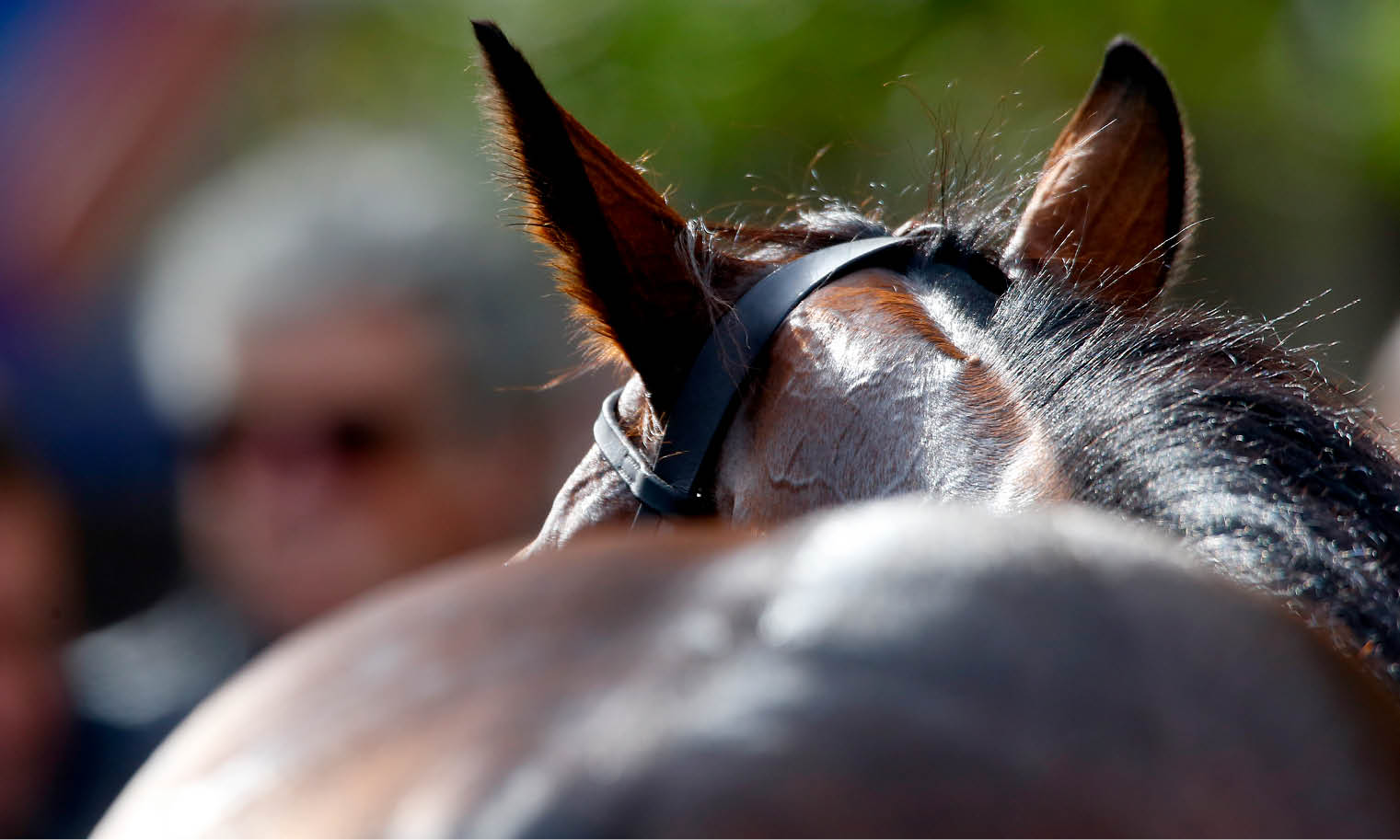
The British Horseracing Authority (BHA) is to consult with the National Trainers Federation (NTF) and other industry stakeholders on permanent changes to racing’s rules to strengthen protection against equine influenza.
A temporary measure introduced earlier this year reduced the vaccination renewal period for all horses in training from 12 to six months.
After discussions with the BHA’s Veterinary Committee, which includes experts from all parts of the racing industry, the BHA will propose to make eight months the new standard as of 1 January 2020.
The Veterinary Committee’s view is that six months is the optimum period, but the BHA has taken into account views from trainers to avoid horses potentially needing to be vaccinated during their respective racing seasons. However the eight month standard will mean in practice that horses are still required to be vaccinated twice in a year.
The BHA believes that the range of biosecurity controls that exist in British racing ensure the eight month standard provides an appropriate balance between risk and pragmatism.
In the meantime, as of 1 May 2019 the existing temporary measures will be adjusted such that horses who are presented at a racecourse will need to show that they have been vaccinated against equine influenza within the last eight months, with a one month grace period, meaning nine months for practical purposes.
Furthermore, it has been determined that the current requirement for a health declaration form to be submitted on arrival at the racecourse for each runner will cease to be effective from 1 May 2019 for British-trained runners from licensed yards. Hunter Chasers from unlicensed yards and International runners will still need to provide the health declaration, and a negative result for equine influenza from a nasopharyngeal swab (PCR) to the BHA, no more than 72 hours prior to the horse’s arrival on the racecourse.
The BHA is grateful to the Veterinary Committee and the NTF and trainers for their input so far to this process.
